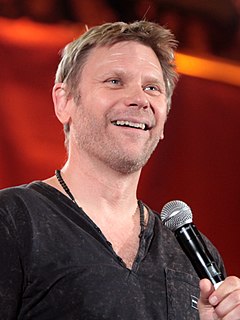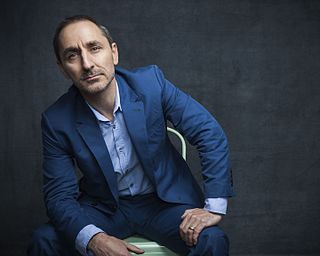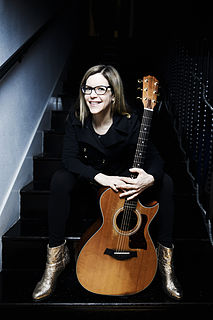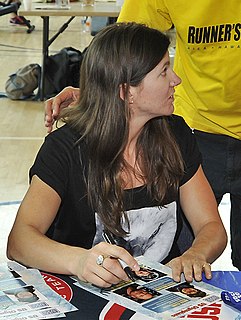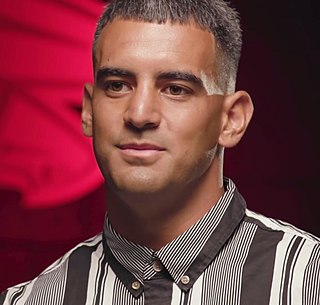A Quote by Kenneth Chenault
You've got to develop relationships. You can't do things just in a formal context.
Related Quotes
While the primary function of formal Buddhist meditation is to create the possibility of the experience of "being," my work as a therapist has shown me that the demands of intimate life can be just as useful as meditation in moving people toward this capacity. Just as in formal meditation, intimate relationships teach us that the more we relate to each other as objects, the greater our disappointment. The trick, as in meditation, is to use this disappointment to change the way we relate.
We're an industry obsessed with the storytelling side of things, the content. And then we got obsessed with the canvas. Is it going to be on television? Is it print? And now the canvas is mobile. But what we really need to think about is the context. The context is where and when the person is consuming it - location, time of day.
When I came to New York, to Brooklyn, I met Alvin Ailey and Stanley Crouch and August Wilson. They were always putting things in a philosophical context. All the great jazz musicians did, too. There was always a sub-context to what they were saying about music even though they would be very down home and earthy. So I started to develop, in addition to my power and ability to simply hear, a way to place myself in a time.
As you develop relationships in your team you have to learn how your teammates react to being yelled at or how to put your arm around them and show them how to do things. You have to build those relationships up and understand who that person is and how they respond and choose your way to lead them to hopefully help everyone out.




